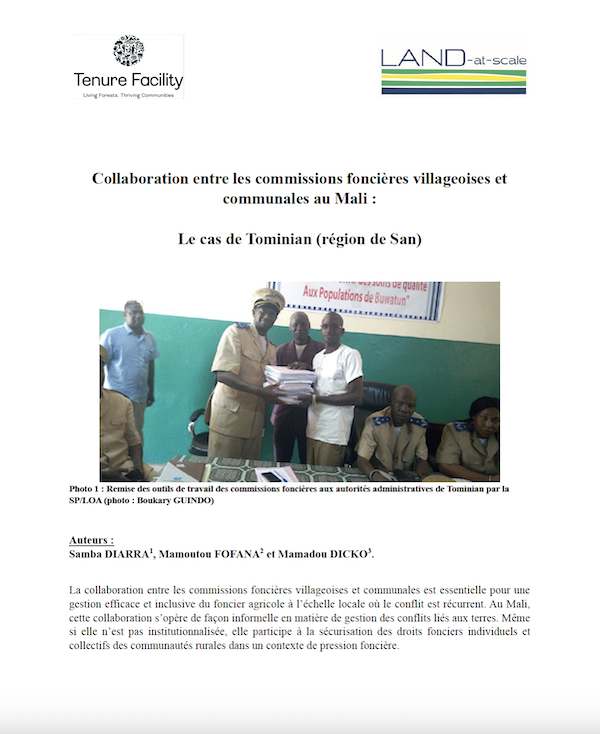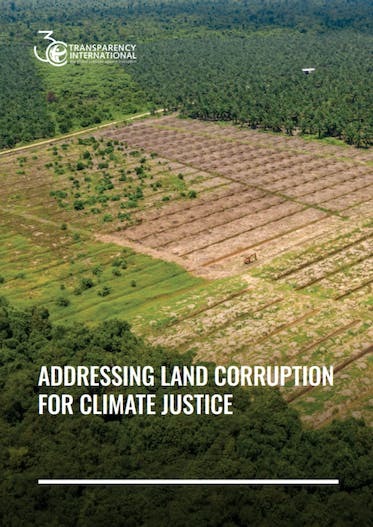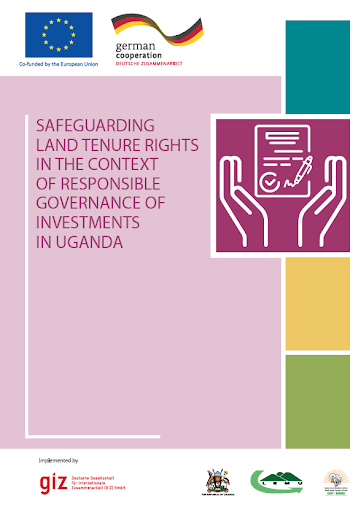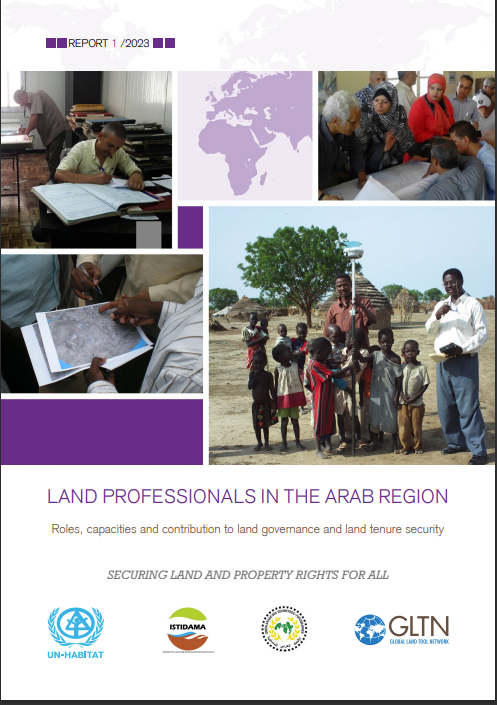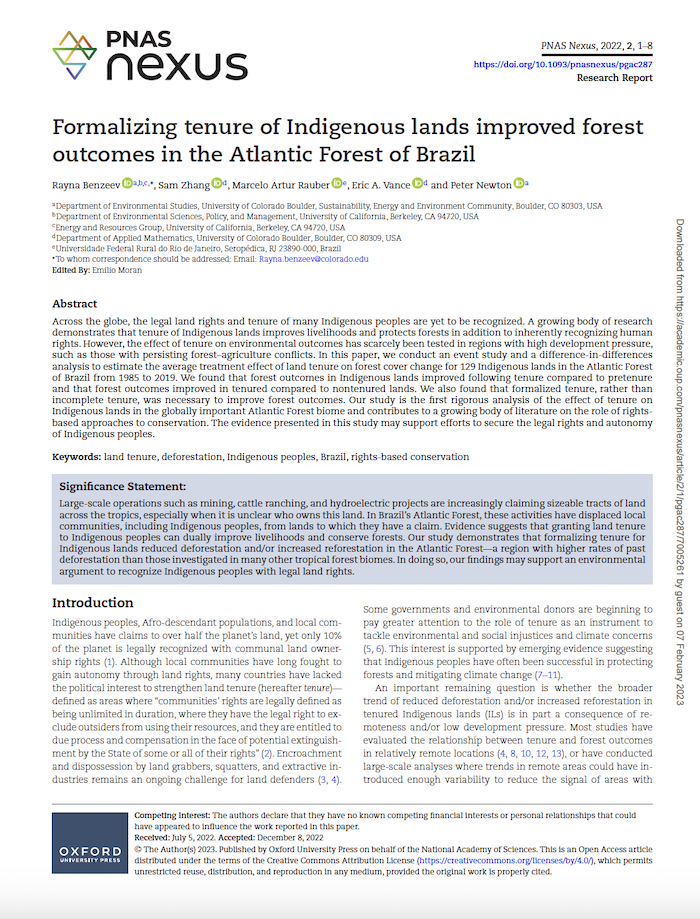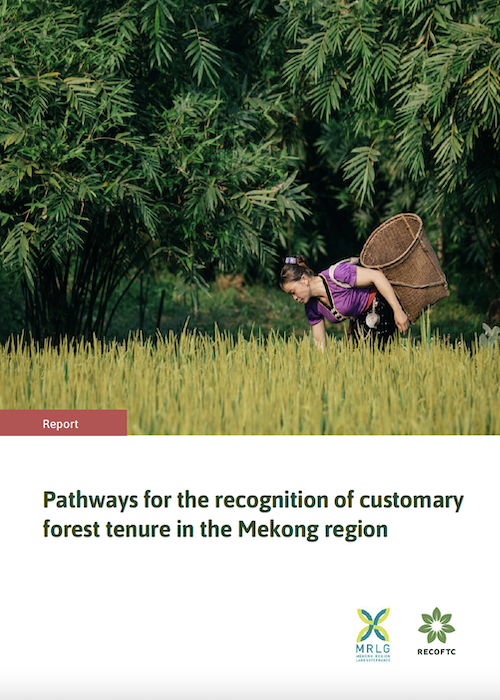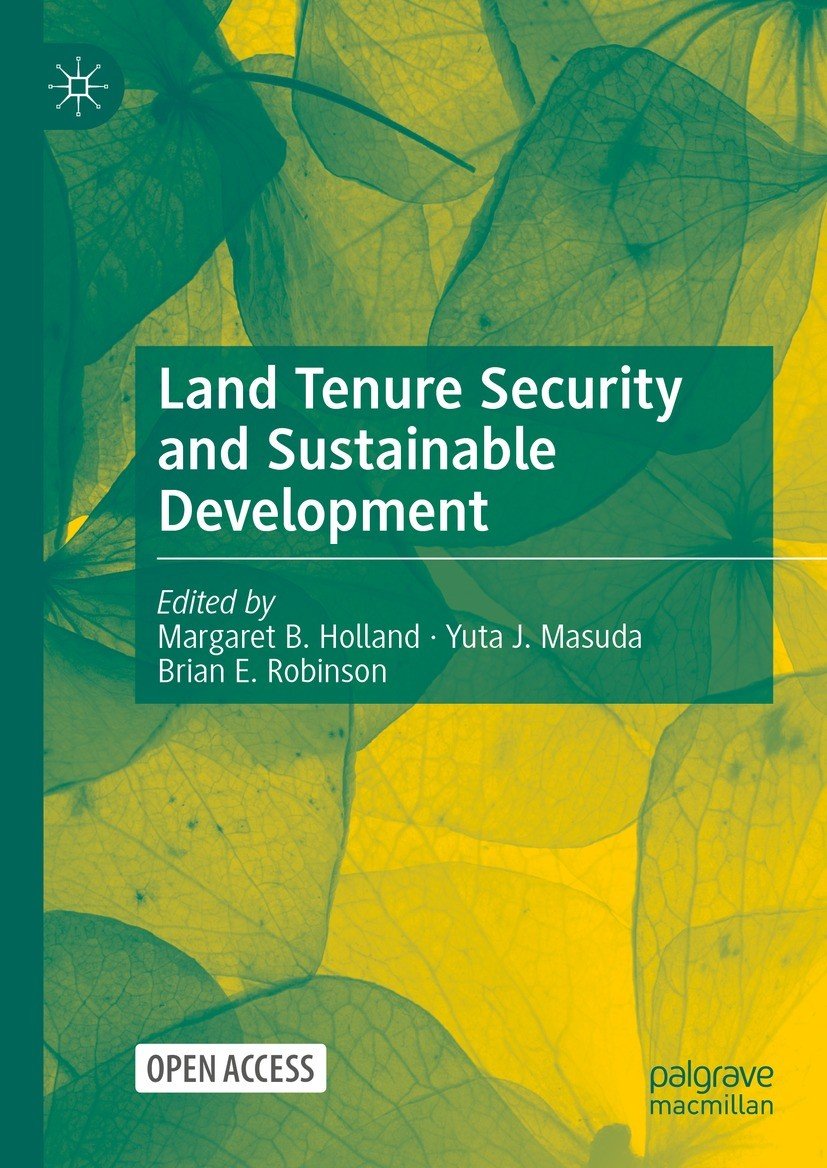Umoja- Operationalizing The Afcfta Through Communal Land Reform Policies
Umoja (noun):/ooh-moh-jah/Umoja, is the Swahili philosophy of unity. Its principles underscore the significance of cooperation and communal solidarity. Umoja has historically been associated with various aspects of African social and political life, accentuating the influence of communal synergy in traditional land tenure systems.
Addressing land corruption for climate justice
Land corruption seriously threatens efforts to fight climate change and achieve a fair energy transition. By undermining climate programmes, projects and practices, it fuels increased carbon emissions and negative climate outcomes. It weakens tenure security and contributes to human rights violations. By channelling funds and resources towards elites, and supporting harmful or poorly managed projects, land corruption also erodes the legitimacy and credibility of the climate agenda, reducing popular support for vital action.
Safeguarding Land Tenure Rights in the Context of Responsible Governance of Investments in Uganda
This manual is intended to provide an overview of the land tenure rights to both the investment affected communities and the investors to ensure that all the different rights on land are recognized and considered.
Land Professionals in the Arab region. Roles, capacities and contribution to land governance and land tenure security
A functioning land sector is foundational to peace and stability, sustainable development, economic growth, food security, environmental conservation and poverty reduction in the Arab region. Effective and fit-for-purpose land administration is an important precondition for the functioning of the land sector and the foundation for good land governance.
Context and backgroundIn the last few years, Blockchain technology has been taking the world by a storm. While it is true that its success has increased with the emergence of the Bitcoin, the world is becoming increasingly aware that the Blockchain is ...
Exploration De La Technologie Blockchain Pour Le Secteur Foncier
Silent transitions: commercialization and changing customary land tenure systems in upland Laos
What happens to local institutional arrangements regarding access and use of communal land under the forces of
agricultural commercialization? Taking Khwaykham village in Phongsaly province, Laos as a case study, this
paper sheds light on this question as farm households in the settlement have progressively transitioned to
commercial farming, specifically tea cultivation. Traditionally, farm households’ access and rights to use the land
were embedded in their swidden agriculture practices. The adoption of tea has increasingly fixed land use rights,
Formalizing tenure of Indigenous lands improved forest outcomes in the Atlantic Forest of Brazil
Across the globe, the legal land rights and tenure of many Indigenous peoples are yet to be recognized. A growing body of research demonstrates that tenure of Indigenous lands improves livelihoods and protects forests in addition to inherently recognizing human rights. However, the effect of tenure on environmental outcomes has scarcely been tested in regions with high development pressure, such as those with persisting forest–agriculture conflicts.
Pathways for the recognition of customary forest tenure in the Mekong region
Globally, about 2 billion people claim ownership of their homes and lands through a customary tenure system. Customary tenure has long been insecure and is under growing pressure in many places. But it is also increasingly recognized through a variety of mechanisms, formal and informal. RECOFTC released a new report on the recognition of customary tenure of communities living in forested landscapes in Cambodia, Lao People’s Democratic Republic, Myanmar and Viet Nam. It also includes a case study from Thailand.
Land Tenure Security and Sustainable Development
Land tenure security has come to the forefront of the sustainable development agenda in recent years. In part this is due to its foundational and fundamental nature. Ways to manage and allocate rights over resources, and our relationships to it, are some of the first ‘commons’ issues fledgling societies face. The ripple effects of land tenure security are now widely recognized as having implications for not just the way natural resources are managed, but also for household income and investment, well-being, and health. (excerpt from Forward).
Little Progress in Practice
Despite the progress made in terms of global and national land policy frameworks, effective changes in practices remain limited. This is particularly the case with regard to large-scale land acquisitions (LSLAs), as highlighted through this assessment of the implementation of the Voluntary Guidelines on the Responsible Governance of Tenure (VGGTs) in the framework of LSLAs in Africa.
Key results for Africa include:
Matriarchy At The Crossroads In Africa: The Clash Between Its Theoretical And Practical Orientation In Tanzania’S Land Tenure Systems
Contrary to scholarship that attaches matrilineal practices to women’s control and power over land in Africa. This paper interrogated this theoretical positioning to its contemporary practicality by posing the discussions among the ‘Luguru’ matrilineal of Eastern Tanzania. The article has discussed how land has been claimed, transferred, and owned across gender lens with the apparent changes in political and socio-cultural settings of the community. Shreds of evidence deduced from triangulated approaches provided contradictory conclusions.

